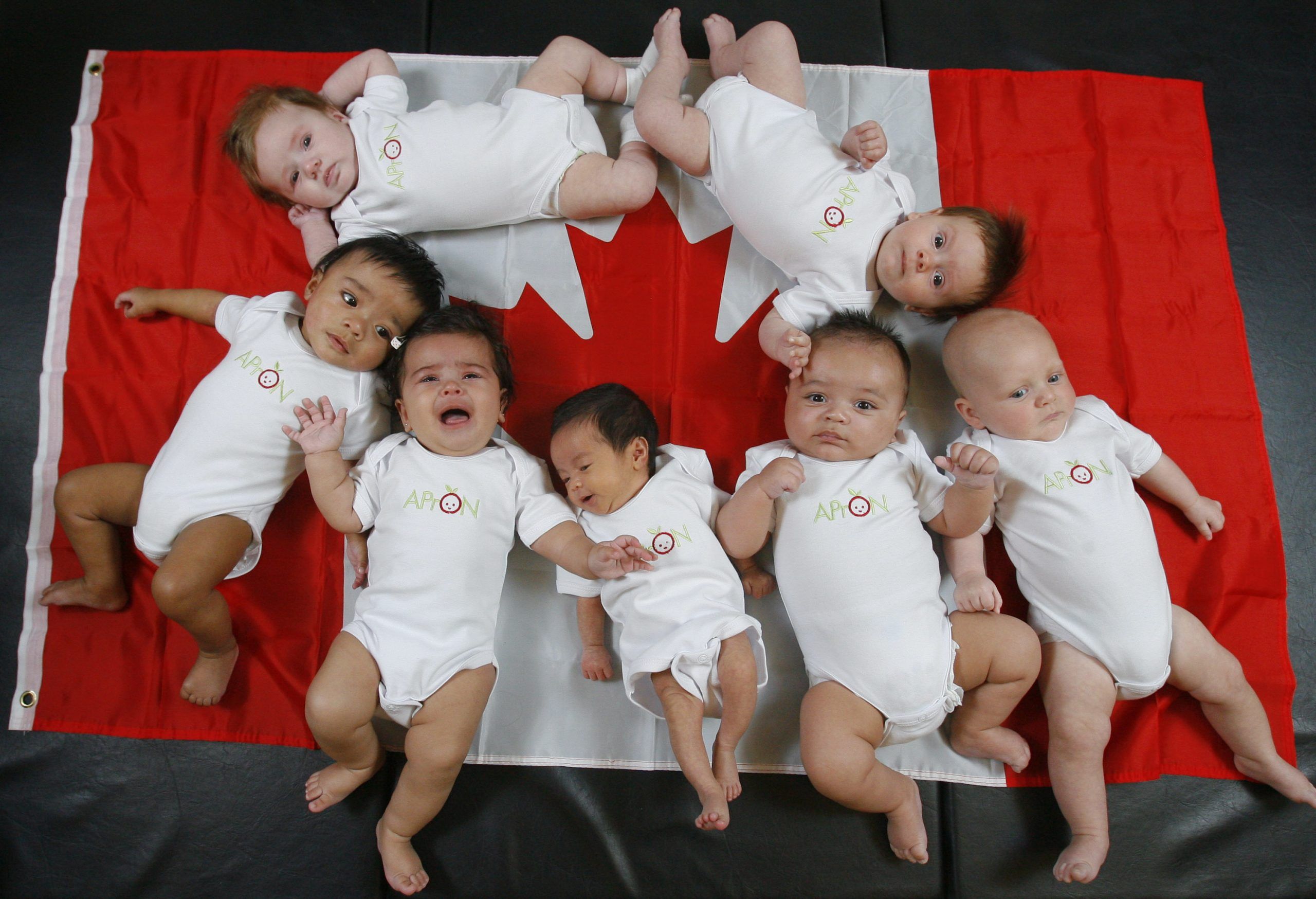Statistics Canada confirmed last week that 351,679 babies were born in 2022 — the lowest number of live births since 345,044 births were recorded in 2005.
The disparity is all the more notable given that Canada had just 32 million people in 2005, as compared to the 40 million it counted by the end of 2022. In 2005, it was already at historic lows for Canada to have a fertility rate of 1.57 births per woman. But given the 2022 figures, that fertility rate has now sunk to 1.33.
…
Of Canadians in their 20s, Statistics Canada found that 38 per cent of them “did not believe they could afford to have a child in the next three years” — with about that same number (32 per cent) saying they doubted they’d be able to find “suitable housing” in which to care for a baby.
…
A January survey by the Angus Reid Group asked women to list the ideal size of their family against its actual size, and concluded that the average Canadian woman reached the end of their childbearing years with 0.5 fewer children than they would have wanted
“In Canada, unlike many other countries, fertility rates and desires rise with income: richer Canadians have more children,” it read.



…Are you high? The article literally states that a third of young canadians are doing just that.
The article is misleading.
Firstly, the stats can census really only talks about affordability, while the survey linked in the article talks about actual “factors influencing family plans”, and quite literally states that:
“The view that parenting is demanding is a bigger factor for low fertility than is housing or childcare costs.”
The article is referring to low fertility rates, skips the survey data they linked to, and then jumps to the conclusion that it’s all about costs! That’s dishonest journalism.
i’m just gonna quote a couple of sections from the conclusion of the survey here that actual statisticians wrote after analysing their own data: